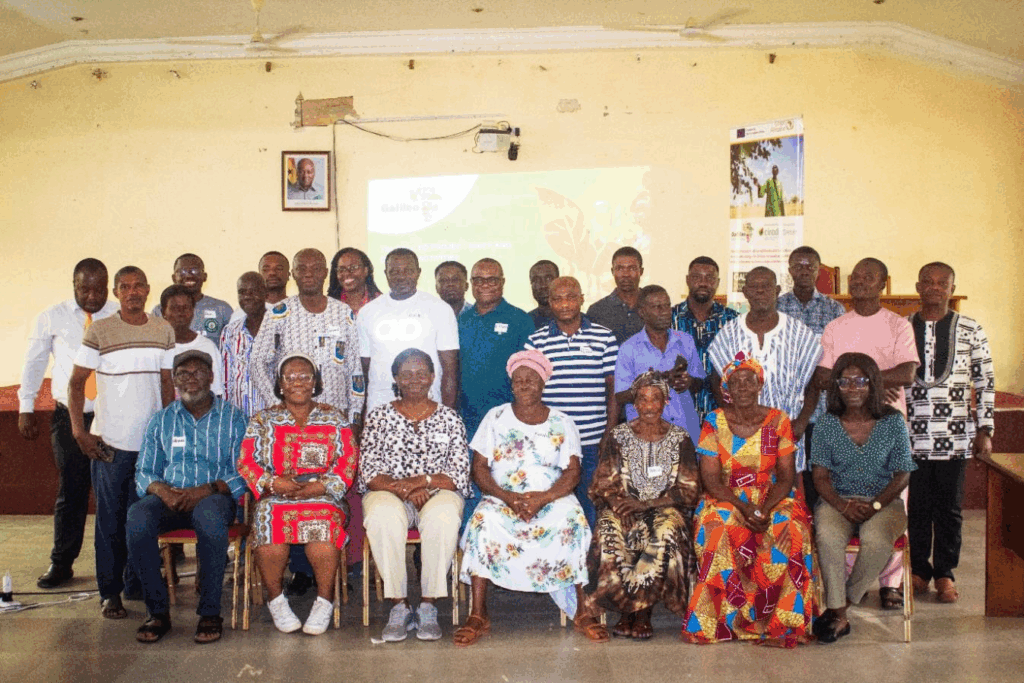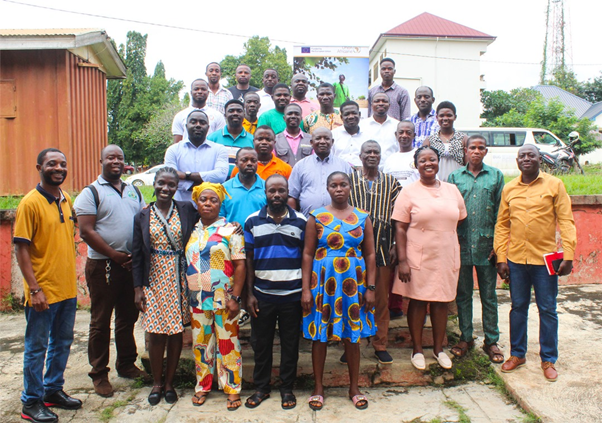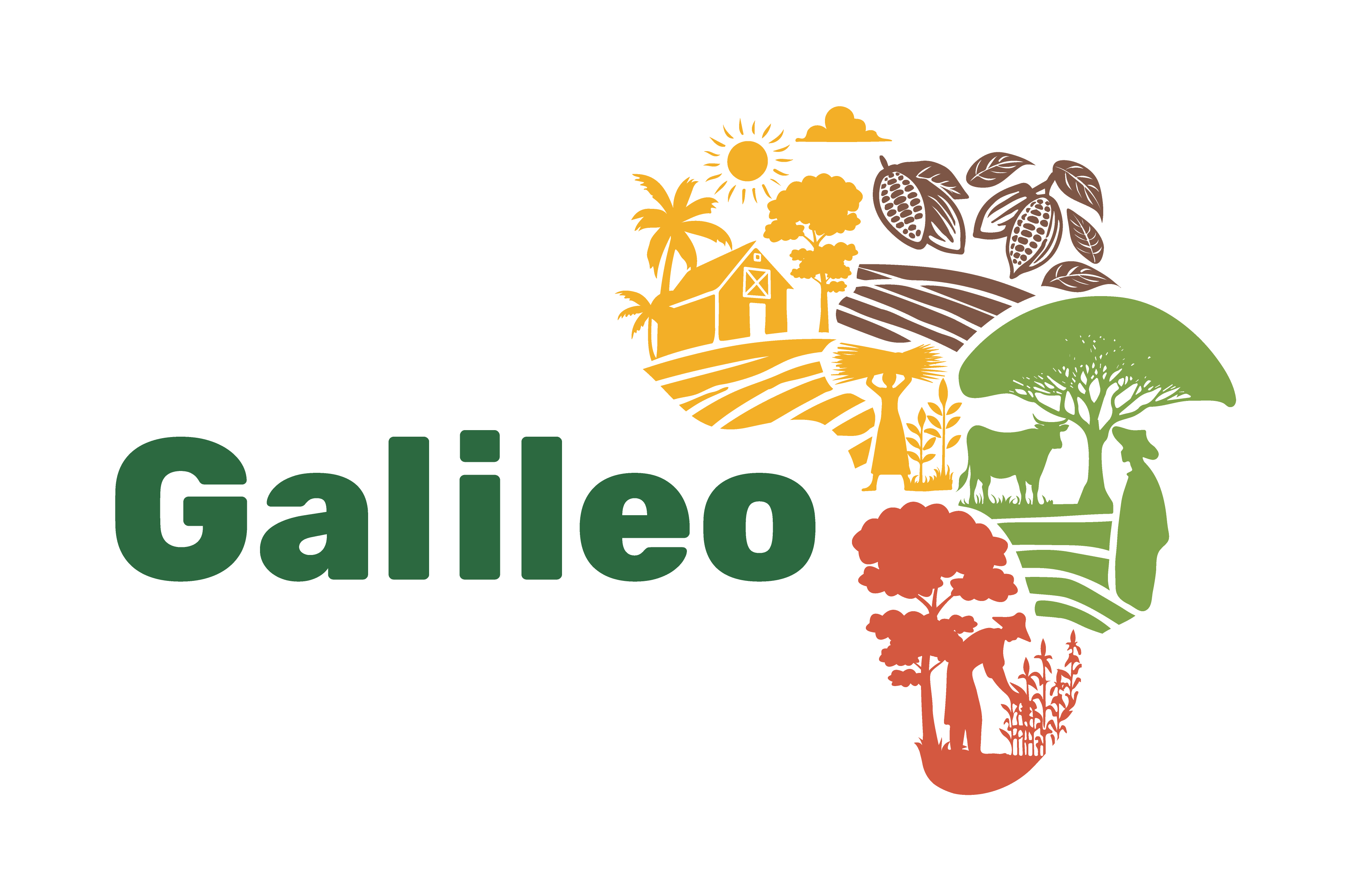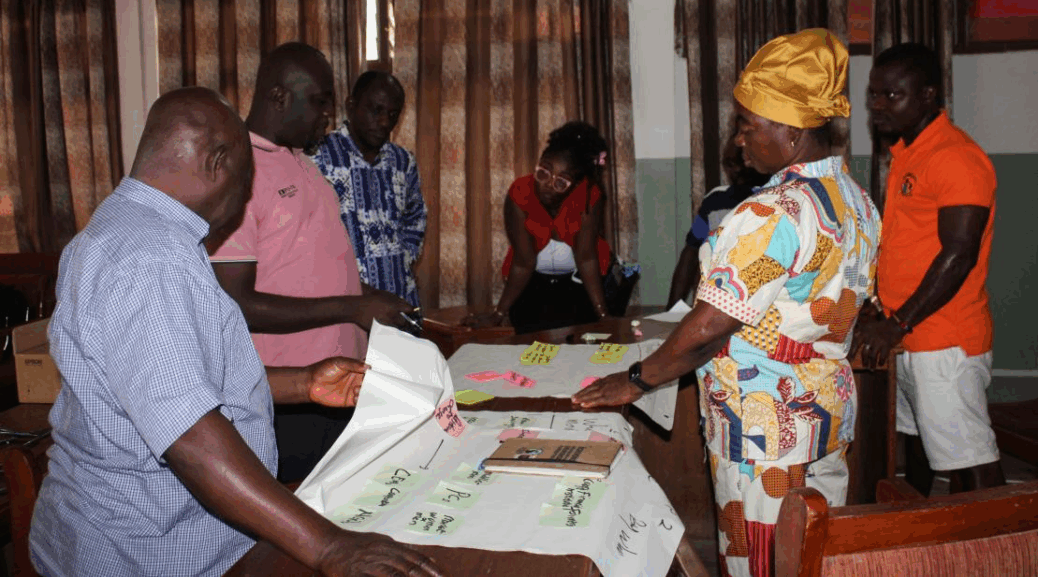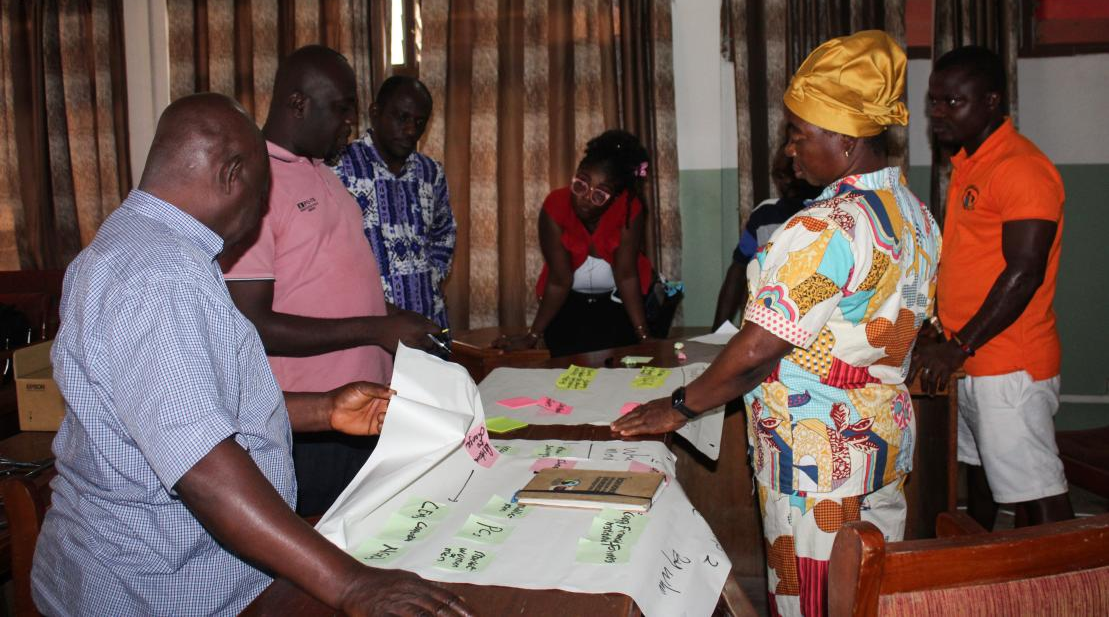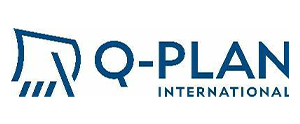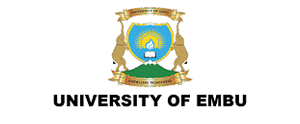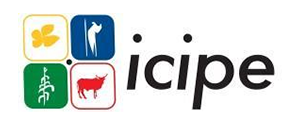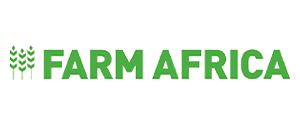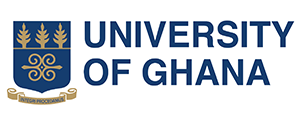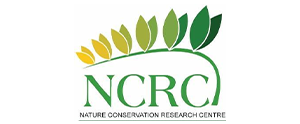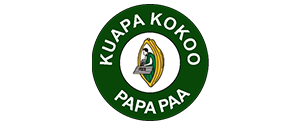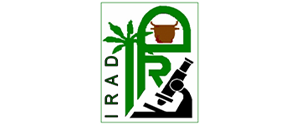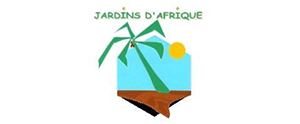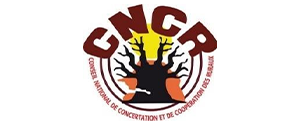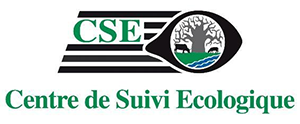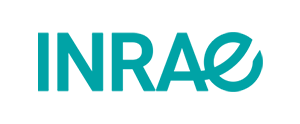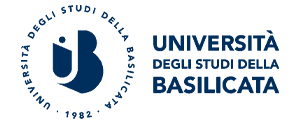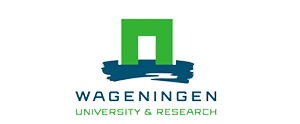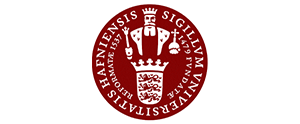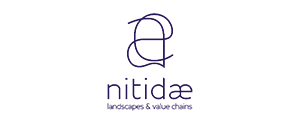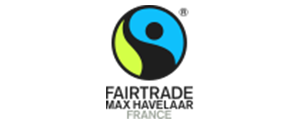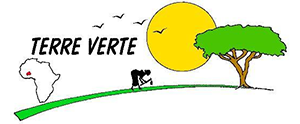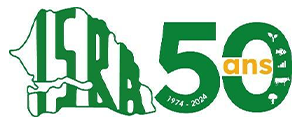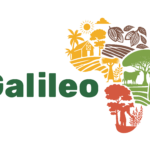09/10/2025
Co-Creating Agroforestry Solutions: Insights from the GALILEO Inception Workshops in Ghana
Introduction
As part of the contextual analysis for the GALILEO project in Ghana, two Inception Workshops were held in the Living Labs (LLs) of Aponoapono–Suhum (A-S) and Assin Fosu–New Edubiase (A-N). The A-S workshop took place from 4th to 8th August 2025 at the District Assembly Hall in Suhum, while the A-N workshop was organized from 11th to 14th August 2025 at the District Assembly Hall in New Edubiase.
The main objective of these workshops was to receive feedback on findings from desk research and key informant interviews, to validate the diagnosis of local contexts as common knowledge, and to begin engaging actors in the LLs. They also aimed to collect additional data, identify and prioritize challenges, assess the willingness of stakeholders to participate in co-creation, and jointly develop indicators for monitoring progress.
Each workshop brought together about thirty participants representing both public and private institutions. Public sector participants included the Cocoa Health and Extension Division, the District Department of Agriculture, and researchers from the University of Ghana. On the private side, representatives came from farming groups, rural and community banks, licensed buying companies, traditional leadership, NGOs, and farmer cooperatives. Participation was diverse in terms of gender and age. Women dominated the Suhum sessions, while in both locations older participants, defined as those above thirty-five years, formed the majority.
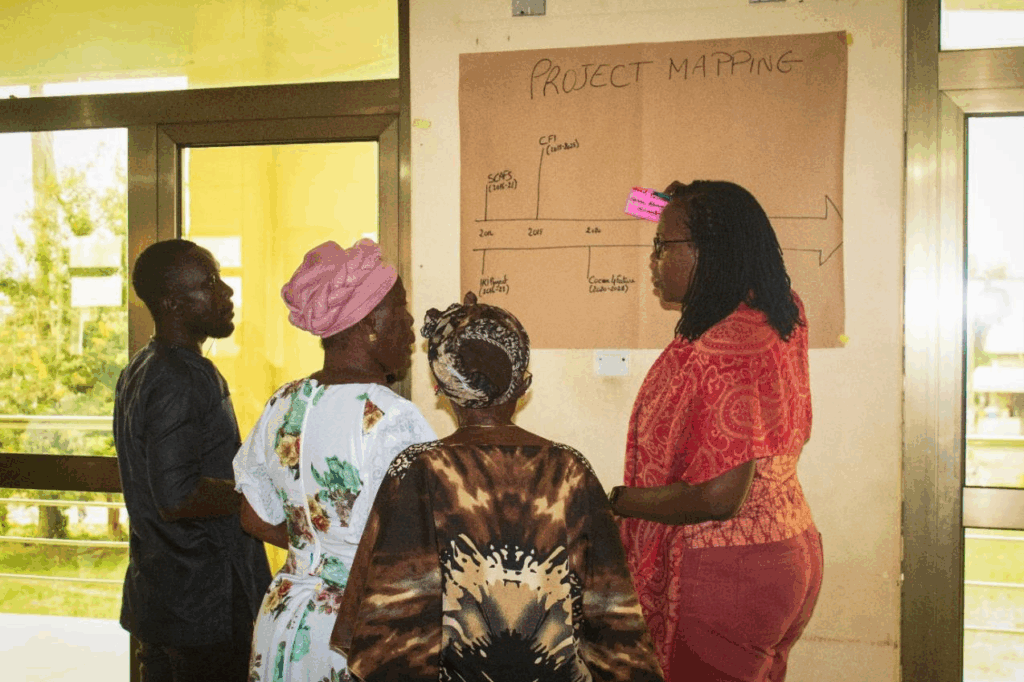
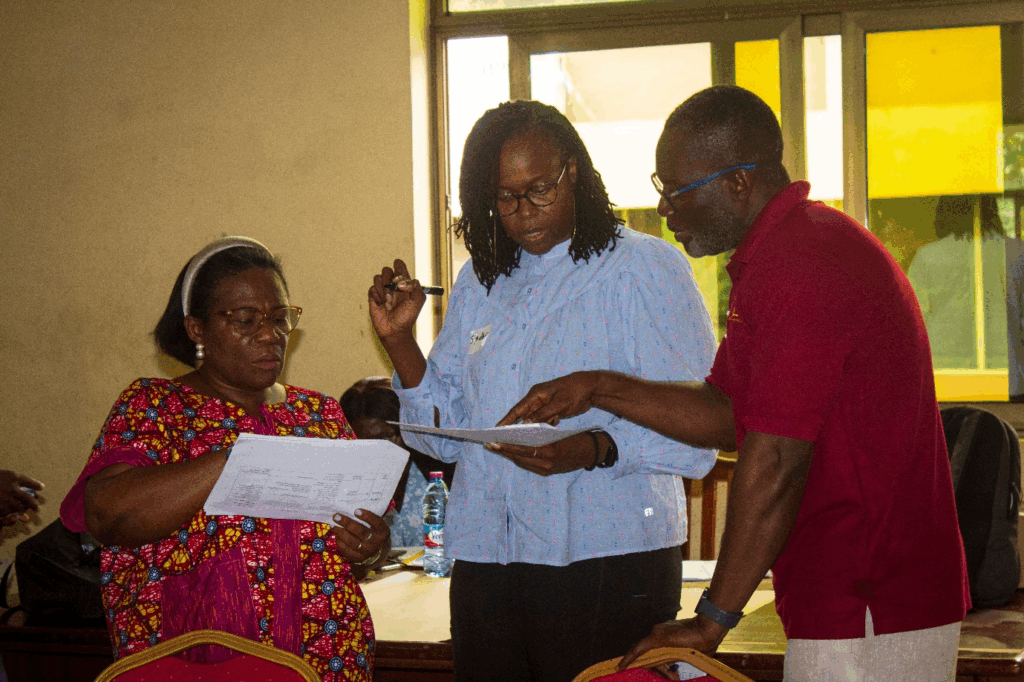
Workshop Process
The workshops were designed to encourage active engagement and exchange of knowledge. They began with a short presentation on the GALILEO project, followed by the validation of contextual data gathered between May and July 2025 through desk research and key informant interviews. A variety of methods were used to encourage participation, including lectures, question-and-answer (Q&A) sessions, individual and paired brainstorming exercises, group discussions, and plenary sessions. The mix of approaches ensured that every participant could contribute meaningfully. Outputs from the discussions were carefully documented through PowerPoint presentations, post-it notes, and digital files displayed on computers and workshop walls for easy reference throughout the sessions.

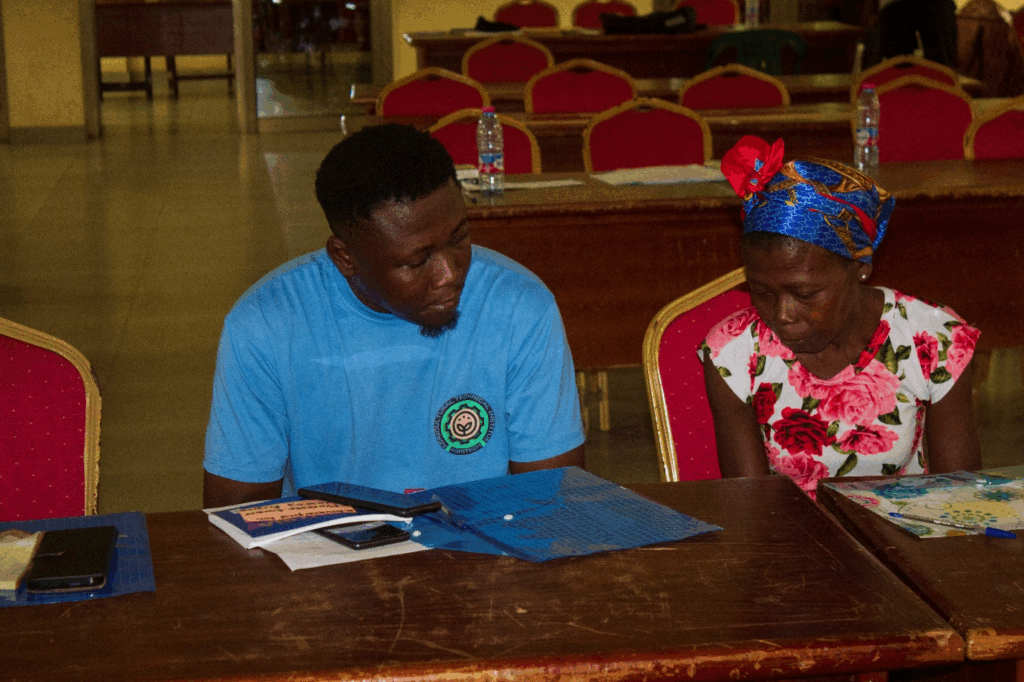
Outcomes
The contextual analysis validated during the workshops covered ecological, agricultural, socio-economic, historical, institutional, and innovation-related conditions, as well as ongoing project interventions. Participants discussed the persistence of a forested environment with three main seasons them being major, minor, and dry, and noted that rainfall has become increasingly erratic, further complicating farming activities. Cocoa remains the principal cash and tree crop in both locations, but other food and cash crops, including cereals, legumes, roots and tubers, vegetables, and livestock, also contribute significantly to household food security and income. Beyond agriculture, livelihoods are supported by a range of activities such as small-scale commerce and services, while in New Edubiase artisanal gold mining plays a major role.
The discussions highlighted the importance of institutions in shaping agroforestry systems. Public institutions were recognized as central to law enforcement, policy formulation, extension services, seedling distribution, and, more recently, the promotion of innovation and commercialization. Private institutions were seen as crucial service providers, particularly in produce buying, input supply, financial intermediation, capacity building, and advocacy. Historical experiences specific to each location were also acknowledged, with the introduction of organic cocoa farming being a key milestone in Suhum and artisanal mining shaping developments in New Edubiase.
Participants identified several challenges, most notably the persistence of unfavorable land tenure systems and widespread poverty, the latter often described in New Edubiase as financial hardship. At the same time, opportunities were recognized in the existence of active farmer cooperatives, the growing provision of training in agroforestry and tree planting, and the availability of land for expansion. These entry points provide tangible ways to address the challenges and to support the co-creation of innovative solutions.
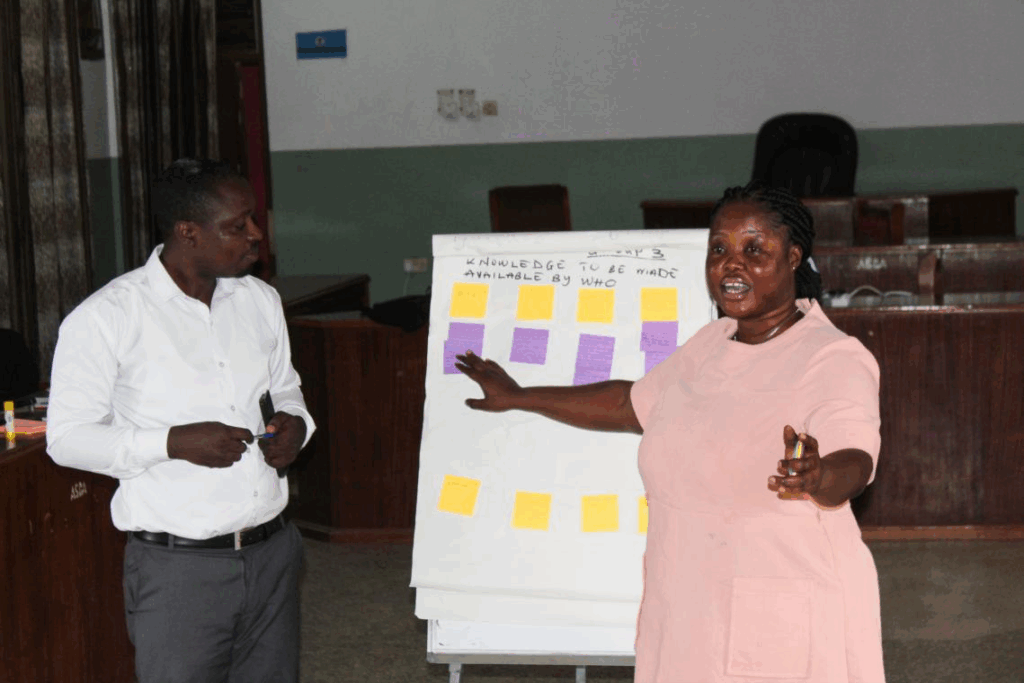
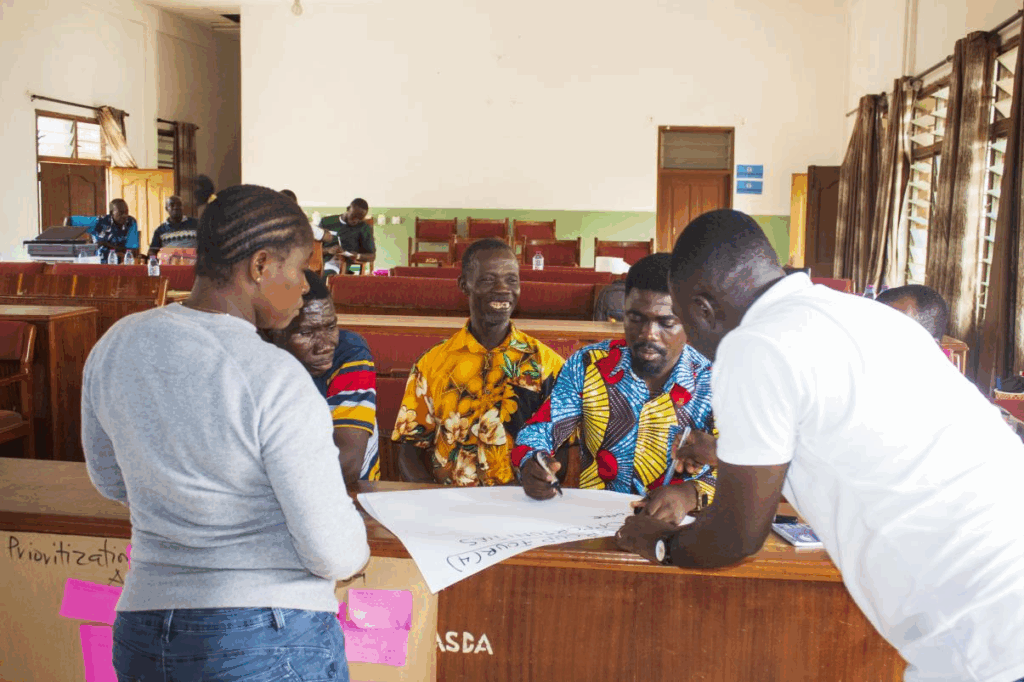
Progress Markers and Recommendations
A key achievement of the workshops was the co-construction of progress markers to monitor changes in knowledge, attitudes, and practices among stakeholders. Participants also identified the actors responsible for different aspects of the process and the beneficiaries who stand to gain. However, it was agreed that additional capacity building is required, particularly for the PhD students involved in the GALILEO project. These students will be central to monitoring the progress markers and analyzing outcomes, but they will need more targeted training to perform this role effectively.
The main recommendation that emerged from the workshops was therefore the need to equip PhD students with comprehensive skills in facilitation, monitoring, and analysis. Strengthening their capacity will enable them not only to support the Living Lab workshops but also to ensure that the process of co-construction leads to meaningful, evidence-based innovations.
